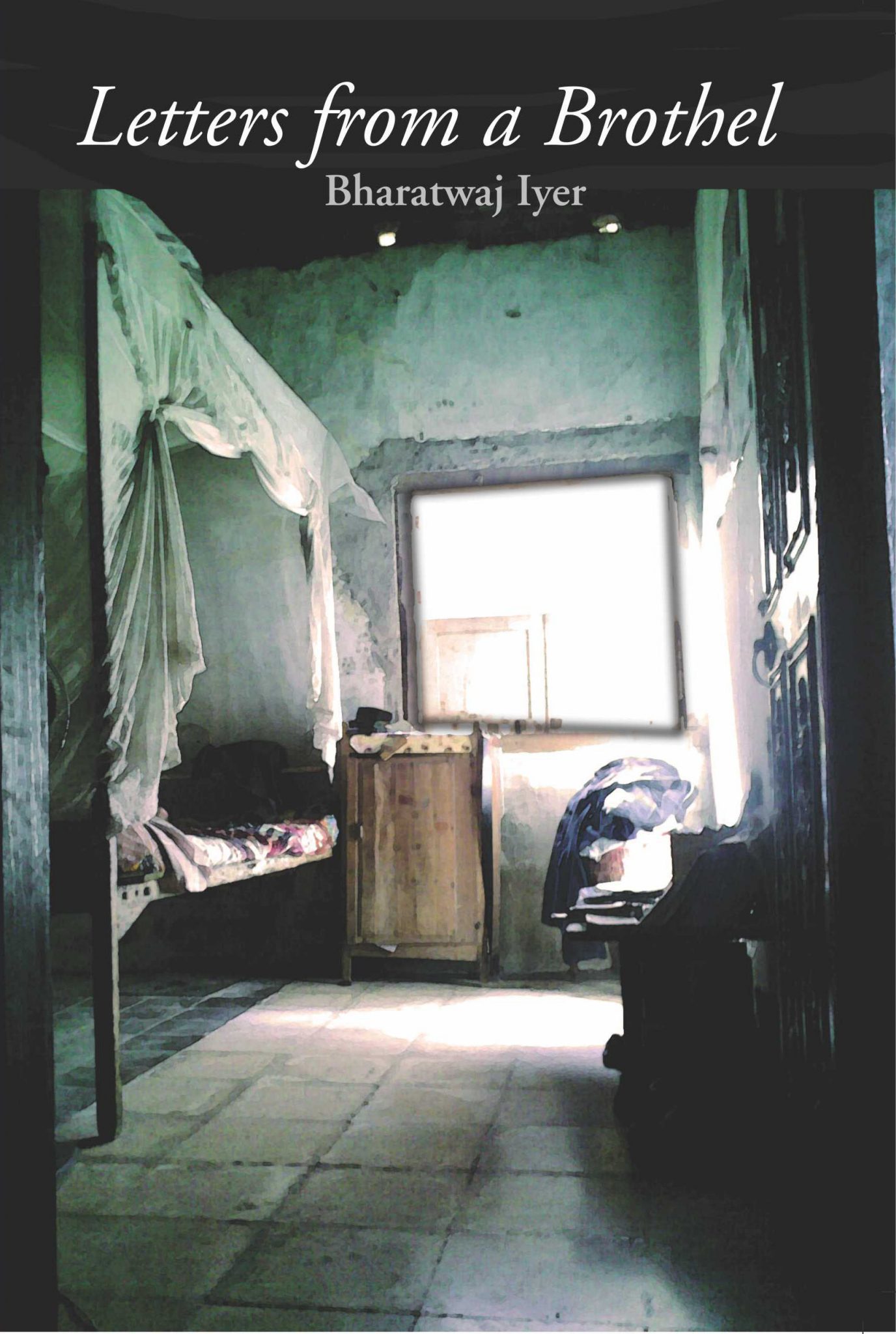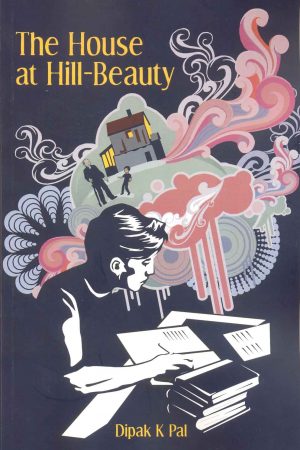Description
Kanchana lives in a brothel in some obscure corner of some obscure city. She happens to like a particular customer, but the customer doesn’t know nor care about her. However, in him, she finds a perfect confidant. She now writes him letters concerning her condition, her suffering and her broken and unimportant feelings as well as her opinion on the world as she sees it from her small little brothel room window. She doesn’t have the customer’s address, but simply posts the letters without an address and thus they go nowhere and remain unread. This is far better according to her as it can afford her better privacy. The book deals with some of the key factors in the life of a prostitute: the emotional troubles, the social inferiority and the pangs of pride and conscience to which they are subjected. These factors are seen by Kanchana as positive and something good. She comes to love her despair and suffering, and also realises that her life would have been of no significance whatever without them. This sounds absurd until one has completely settled oneself with the philosophy of the book. The book wishes to portray that man, in his attempt to live life, wants to always find a place of importance among other people, and for this he will constantly try to justify his position to himself and to others. He is always guilty – human life involves supreme guilt and despair as Kierkegaard suggests, guilt of not being what one wants to be, of not being superior to the rest, of being lesser in one’s own eyes, guilty of being crushed and considered worthless (in Kanchana’s case). Thus the heart is always troubled and turbulent and in distress. Kanchana’s life is wan and desolate, and she is a failure to her eyes. These things trouble her pride and conscience and lead her to suffering and self-contempt. She reaches the despair that Kierkegaard described, a despair which leads to dissatisfaction with oneself. Now this is a point where the heart reaches distress and guilt, so man justifies himself to evade the trouble. But all the material that Kanchana has is her own suffering, her despair, her distress, her emotional rape, and with this she tries to justify herself like a labourer justifies his labour proudly with the suffering and trouble he had to undergo in his labour. In the end Kanchana reaches the realisation that human life or at least Her life is nothing but Guilt and Justification.






